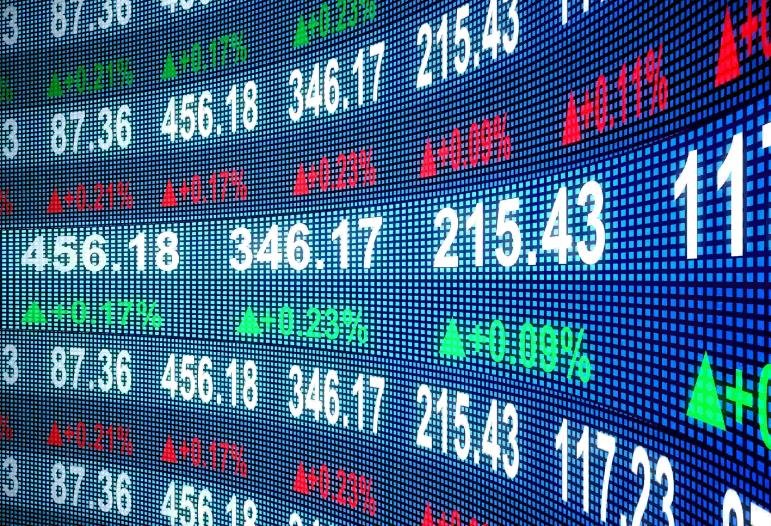The Saudi Stock Exchange’s main index, the Tadawul All Share Index (TASI), has declined for the fourth consecutive session, closing at 11,962.90 points. This recent drop of 19.40 points (0.16%) reflects ongoing market volatility, influenced by various economic factors. The market’s liquidity stood at SR5.7 billion ($1.5 billion), with significant movements in key stocks such as Saudi Aramco, Riyad Bank, and Al-Awwal Bank. The decline highlights investor concerns and the broader economic challenges facing the kingdom.
The continuous decline in the Saudi stock market index can be attributed to several key factors. One of the primary reasons is the recent drop in oil prices, which has a significant impact on the kingdom’s economy. As the world’s largest oil exporter, Saudi Arabia’s economic health is closely tied to the performance of the oil market. The recent decrease in oil prices has led to reduced revenues, affecting investor sentiment and market performance.

Another contributing factor is the global economic uncertainty, which has led to cautious investor behavior. Concerns about inflation, interest rates, and geopolitical tensions have created a challenging environment for stock markets worldwide. In Saudi Arabia, these global factors are compounded by domestic economic issues, such as efforts to diversify the economy and reduce dependence on oil revenues.
The performance of key stocks also played a role in the market’s decline. For instance, Saudi Aramco, the heaviest weight in the index, fell by 0.18% to SR27.25. Similarly, shares of Riyad Bank and Al-Awwal Bank dropped by nearly 2%, reflecting broader concerns about the financial sector’s stability.
Impact on the Financial Sector
The decline in the stock market index has significant implications for Saudi Arabia’s financial sector. Banks and financial institutions are particularly affected, as their performance is closely linked to the overall health of the economy. The drop in stock prices can lead to reduced investor confidence, which in turn affects the availability of capital and the ability of banks to lend.
The financial sector’s performance is also influenced by external factors, such as changes in global interest rates. The U.S. Federal Reserve’s decisions on interest rates have a direct impact on Saudi Arabia’s monetary policy, as the kingdom’s central bank often follows the Fed’s lead. Recent indications that the U.S. may maintain higher interest rates for a longer period have added to the uncertainty in the Saudi market.
Despite these challenges, there are some positive signs. Al-Rajhi Bank, for example, saw its share price rise by 1% to SR87.90, making it the most active stock by value with more than SR400 million traded. This indicates that there are still opportunities for growth and investment within the financial sector, even amid broader market declines.
Looking Ahead: Market Outlook
The outlook for the Saudi stock market remains uncertain, with several factors likely to influence its future performance. The kingdom’s efforts to diversify its economy under Vision 2030 are crucial in reducing its reliance on oil revenues and creating a more resilient economic structure. However, achieving these goals will take time, and the market may continue to experience volatility in the short term.
Investors will be closely watching developments in the global oil market, as well as economic indicators from major economies like the United States and China. Any significant changes in oil prices or global economic conditions could have a direct impact on the Saudi market.
In the meantime, the Saudi government and regulatory bodies are expected to take measures to stabilize the market and support investor confidence. This could include policy adjustments, financial incentives, and efforts to attract foreign investment. By addressing the underlying economic challenges and promoting a more diversified economy, Saudi Arabia can work towards a more stable and prosperous future for its stock market.
